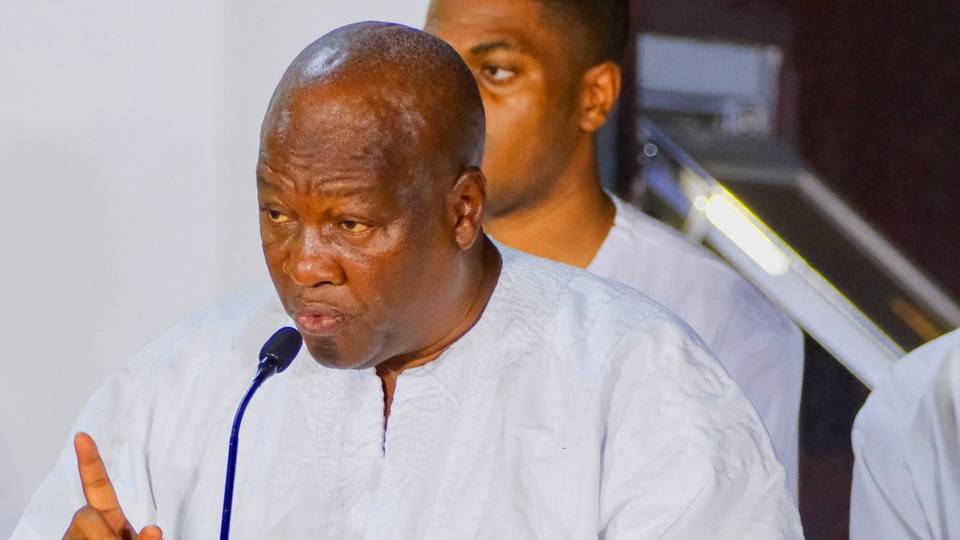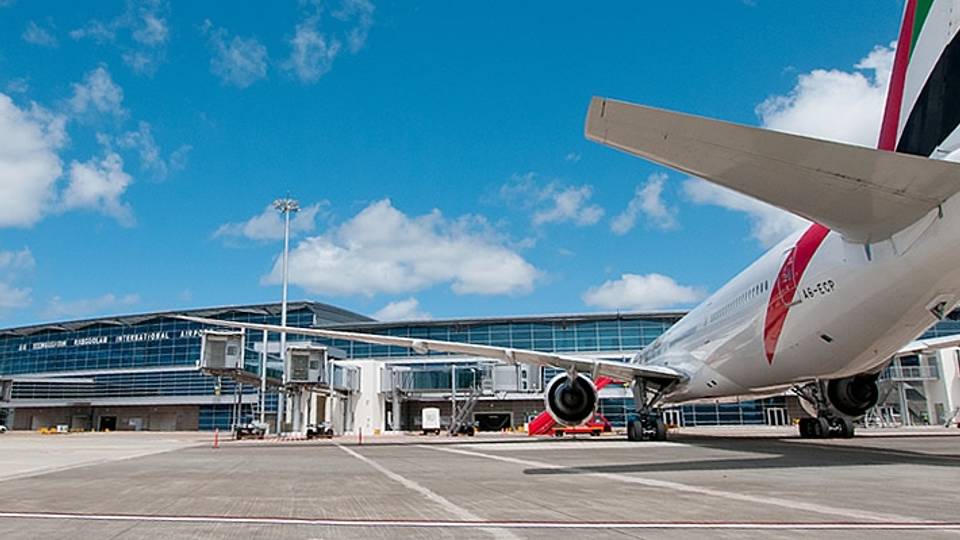Sport
Dollar
38,2196
0.3 %Euro
44,1678
1.4 %Gram Gold
4.153,3700
1.88 %Quarter Gold
6.767,1400
0 %Silver
40,1800
0.64 %The Black empowerment law enacted in 2003 encourages companies to hire and promote Black people by offering them tax breaks and access to government contracts.

The African National Congress, which had ruled unchallenged for 30 years until it lost its parliamentary majority in May elections, is under intense pressure to improve the lives of Black people left disadvantaged by decades of white minority rule.
The empowerment law enacted in 2003 created a scorecard system that encourages companies to hire and promote Black people by offering them tax breaks and access to government contracts.
Two decades later, unemployment is five times higher for Black people than for white people and income inequality is the worst in the world, according to the World Bank, and critics say the empowerment policy has not worked effectively.
Skills development
"There's no society that can be viable with (this) level of inequality," Tshediso Matona, head of the Broad-based Black Economic Empowerment Commission told Reuters news agency.
Under the voluntary programme, companies earn points in categories such as Black ownership, management control and skills development.
However, Matona says some companies inflate their scores by falsely listing Black people as managers, a practice commonly known in South Africa as "fronting", a crime under the law.
The commission, which refers cases of infringement to state prosecutors, has received 1,348 complaints of fronting since 2017, said Matona.
'We are unequivocal'
He added, without saying how many cases had been sent to trial, that no one had yet been convicted of fronting largely because the criminal justice system was "still figuring out how to work with the B-BBEE regulation".
Listed companies are required to disclose their Black empowerment status in annual reports, but fewer and fewer are doing so. In 2022, only 141 of about 400 listed companies submitted a report.
Matona said he hoped to enhance company incentives for compliance while "naming and shaming" and possibly fining those which fail to submit the reports.
President Cyril Ramaphosa has said he wants to focus on showing companies the advantages of Black empowerment, but that if they refuse to comply then penalties would be needed.
"On this one (Black empowerment), we are unequivocal," Ramaphosa told reporters over a week ago, describing racial inequality as an "existential challenge" for South Africa.
Collision course
"It must be done, and it will be done."
Matona would not be drawn on the specifics of the proposals but said incentives could focus on increasing recognition for companies that invest in skills and enterprise development and should not be "too obsessed about ownership in existing businesses".
He said he hoped to have amendments to the law tabled in parliament within 12 months.
Any inclusion of punitive measures could set the ANC on a collision course with its coalition partner, the pro-business Democratic Alliance party, which has said it would resist them.
"Businesses don't exist for altruistic purposes, we must accept that," said DA labour spokesperson Michael Bagraim.
➤Click here to follow our WhatsApp channel for more stories.
Comments
No comments Yet




















Comment